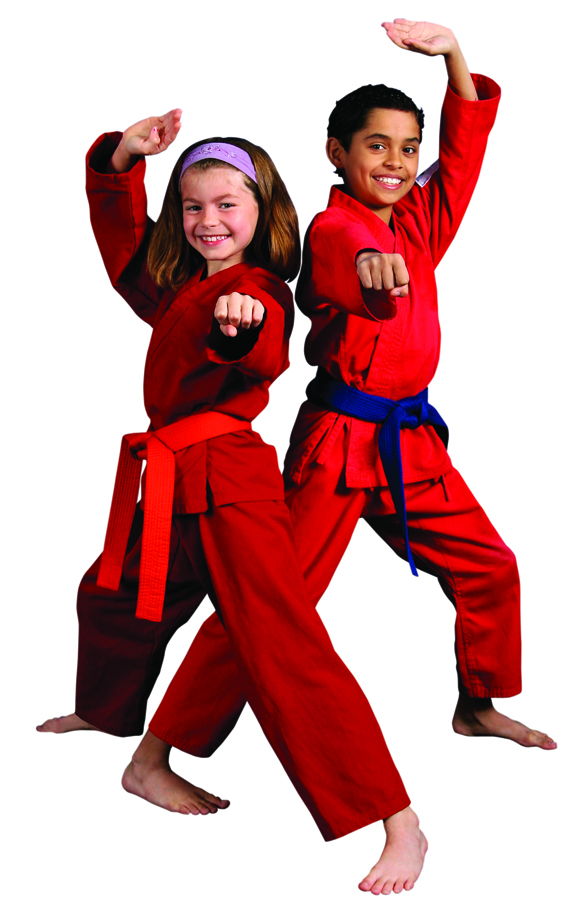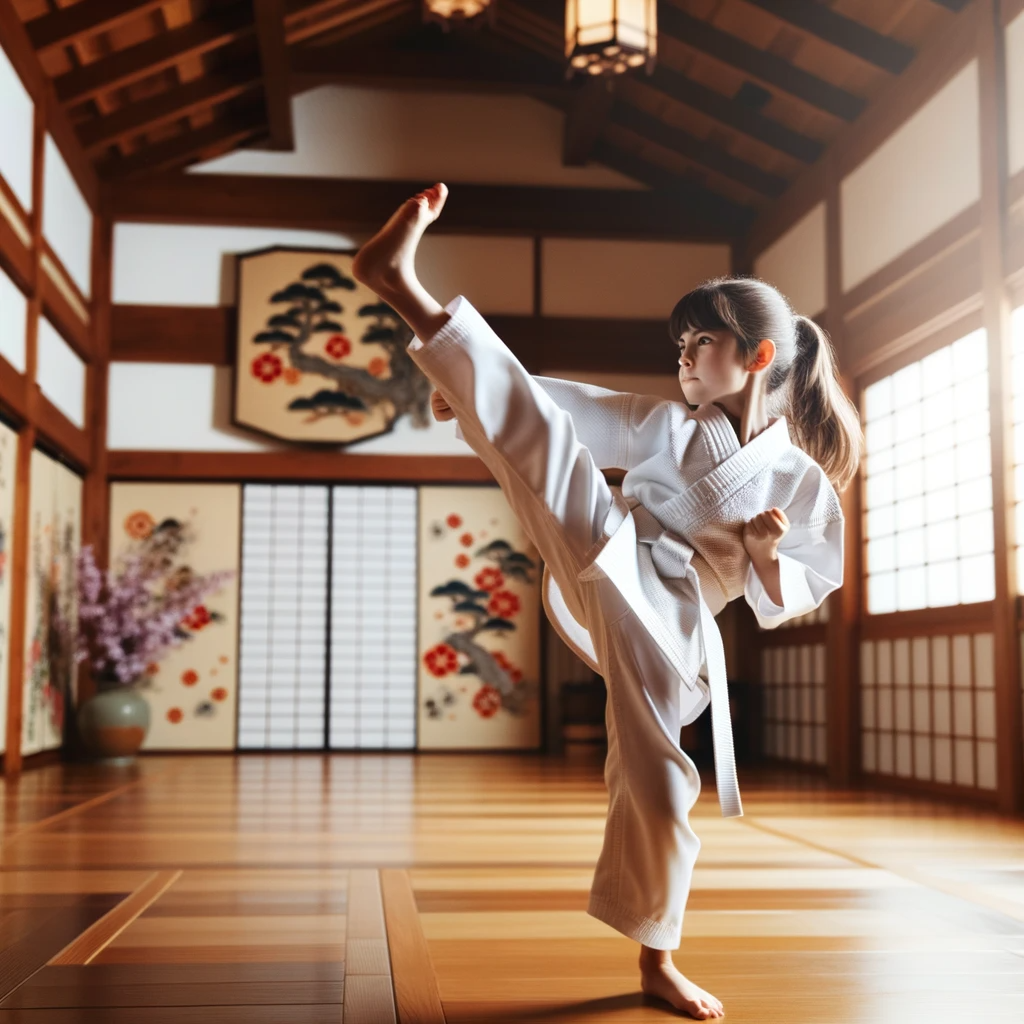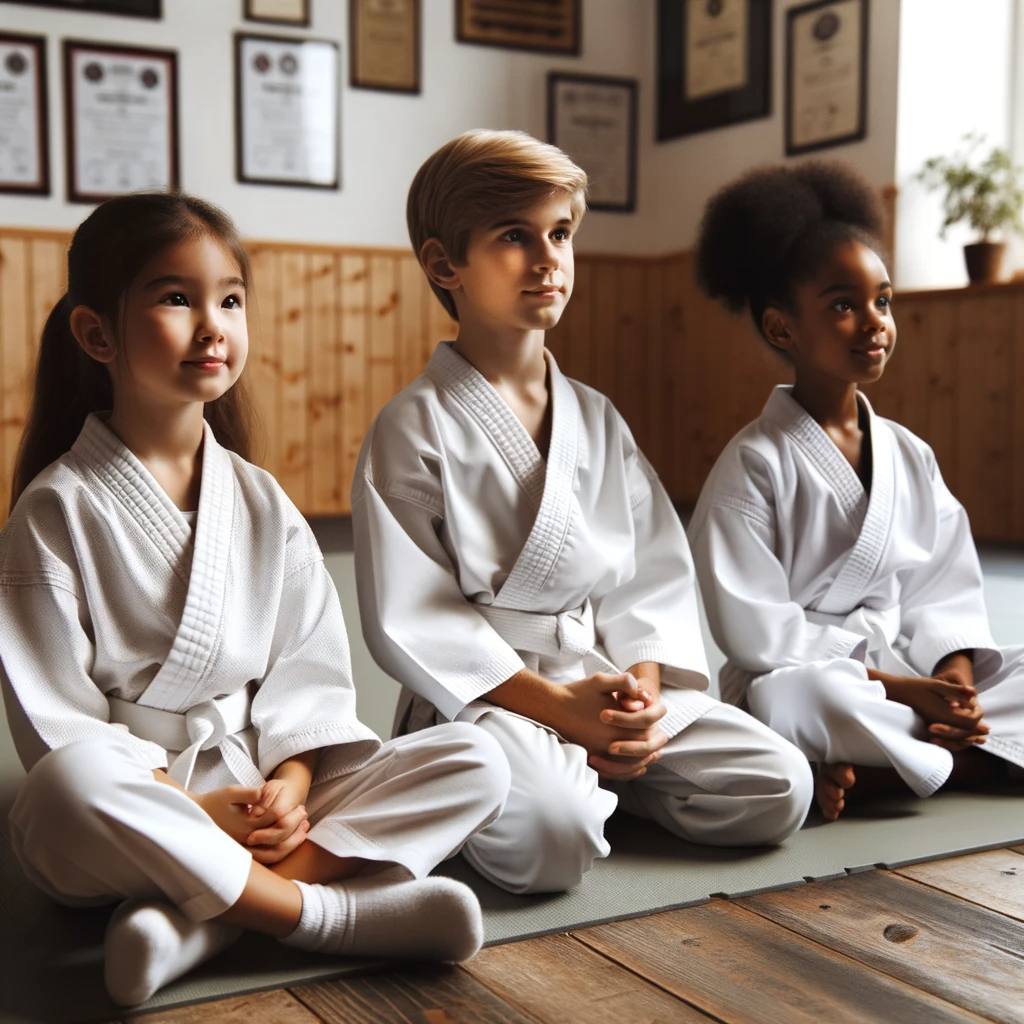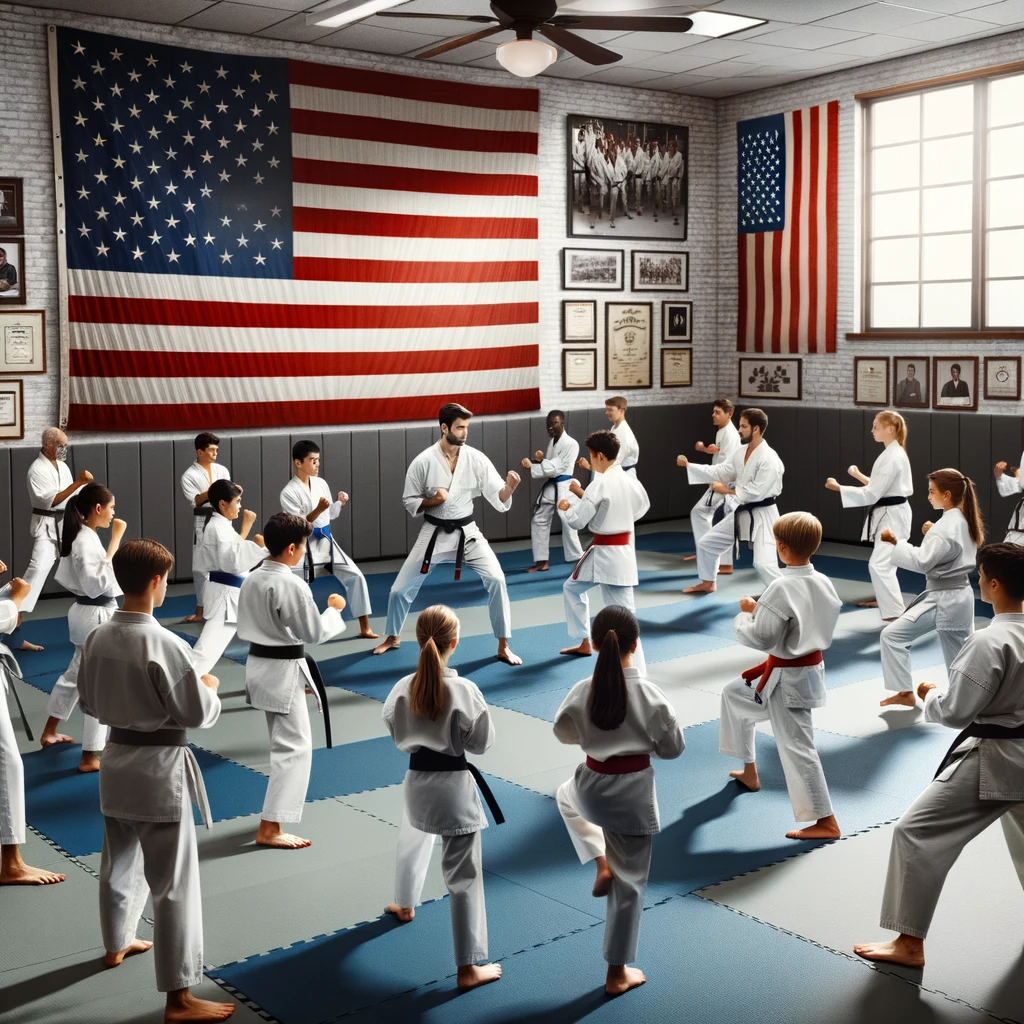Martial Arts training offers a plethora of benefits for children, including self-discipline, self-confidence, and improved concentration. The journey of choosing the best martial arts school for your child can be transformative, paving the way for personal growth, physical fitness, and life-long learning. This article provides a comprehensive guide to assist you in making an informed decision that aligns with your family values and your child’s individual needs.
Evaluating Martial Arts Schools
Teaching Styles
Instructor-Student Interaction: Pay attention to how instructors interact with students. Look for instructors who are encouraging, patient, and able to effectively communicate with children.
Teaching Philosophy: Inquire about the school’s teaching philosophy. Look for schools that promote values such as respect, discipline, and self-confidence.
Class Structure: Evaluate the structure of the martial arts class to ensure there’s a balanced focus on physical training, technique, and personal development.
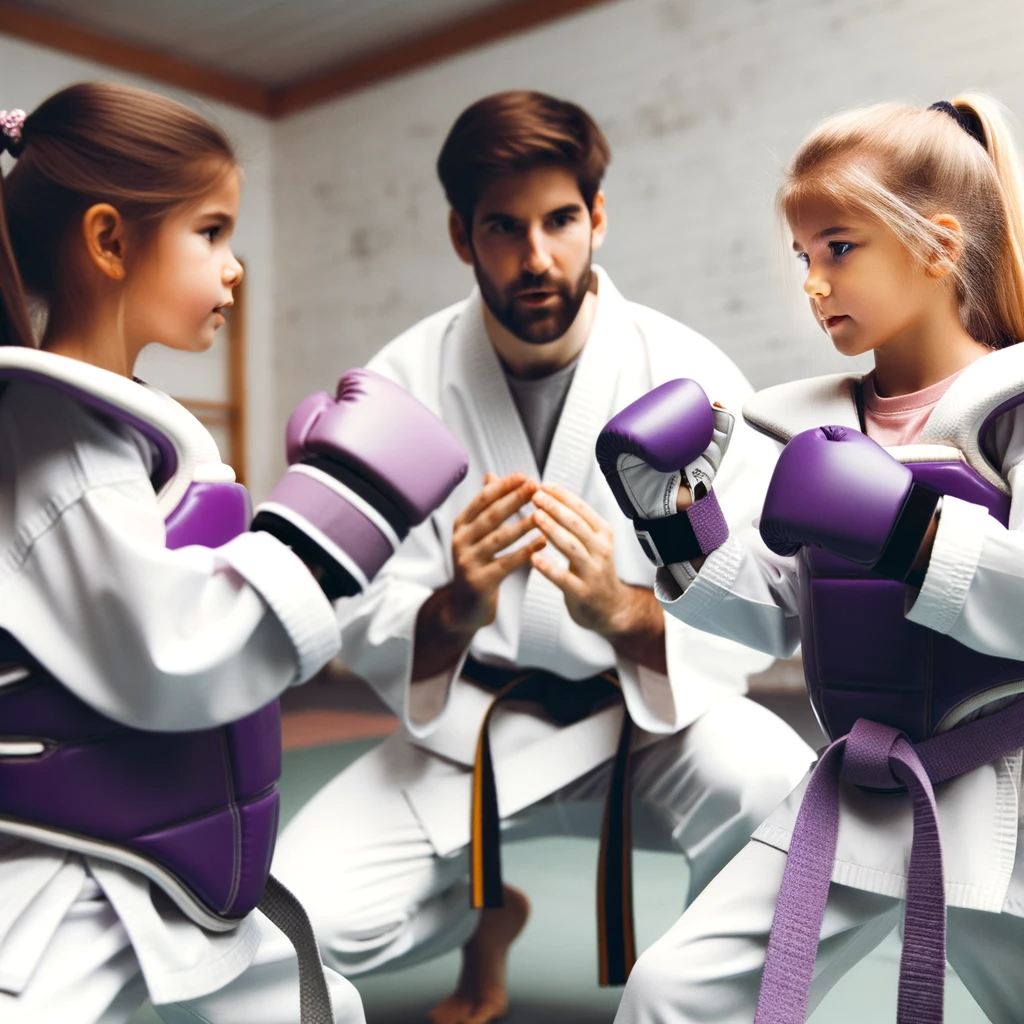
Safety Measures
Facility Safety: Check the facilities for cleanliness, proper matting, and well-maintained equipment.
Injury Prevention: Inquire about the school’s protocols for injury prevention and how they handle injuries when they occur.
Instructor Qualifications: Ensure that instructors have proper qualifications and training in first aid and CPR.
Trial Classes
Observation: Observe the class dynamics, teaching style, and how well your child engages with the class.
Feedback: After the class, get feedback from your child about their experience. Also, talk to the instructors to understand their observations and feedback about your child.
Class Size and Attention: Look at the student-to-instructor ratio to ensure your child will receive adequate attention. Make sure classes are divided into different age groups.
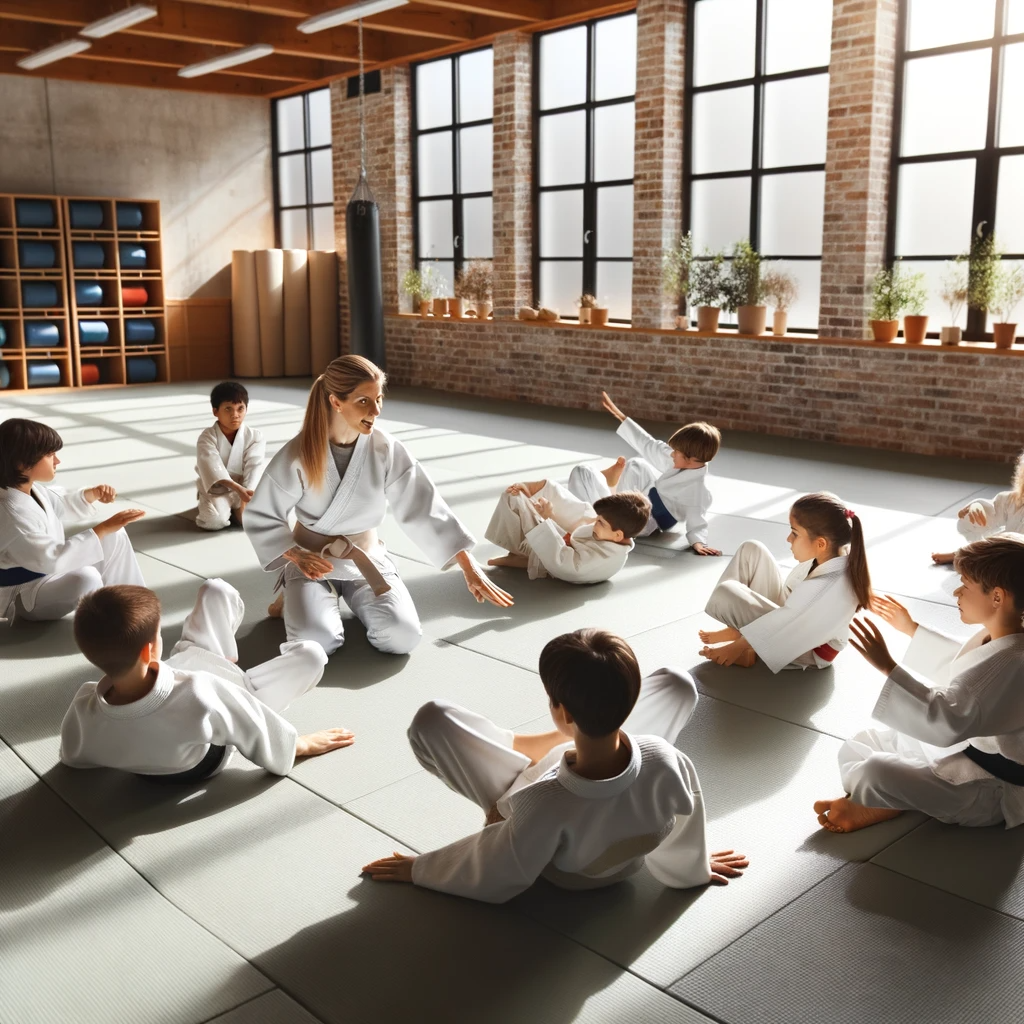
Parent and Student Testimonials
Online Reviews: Look for online reviews and testimonials on the school’s website or on review platforms.
Personal Testimonies: If possible, speak with current students and parents to get their personal insights and experiences.
Community Reputation: Gauge the school’s reputation within the local community for a more holistic view.
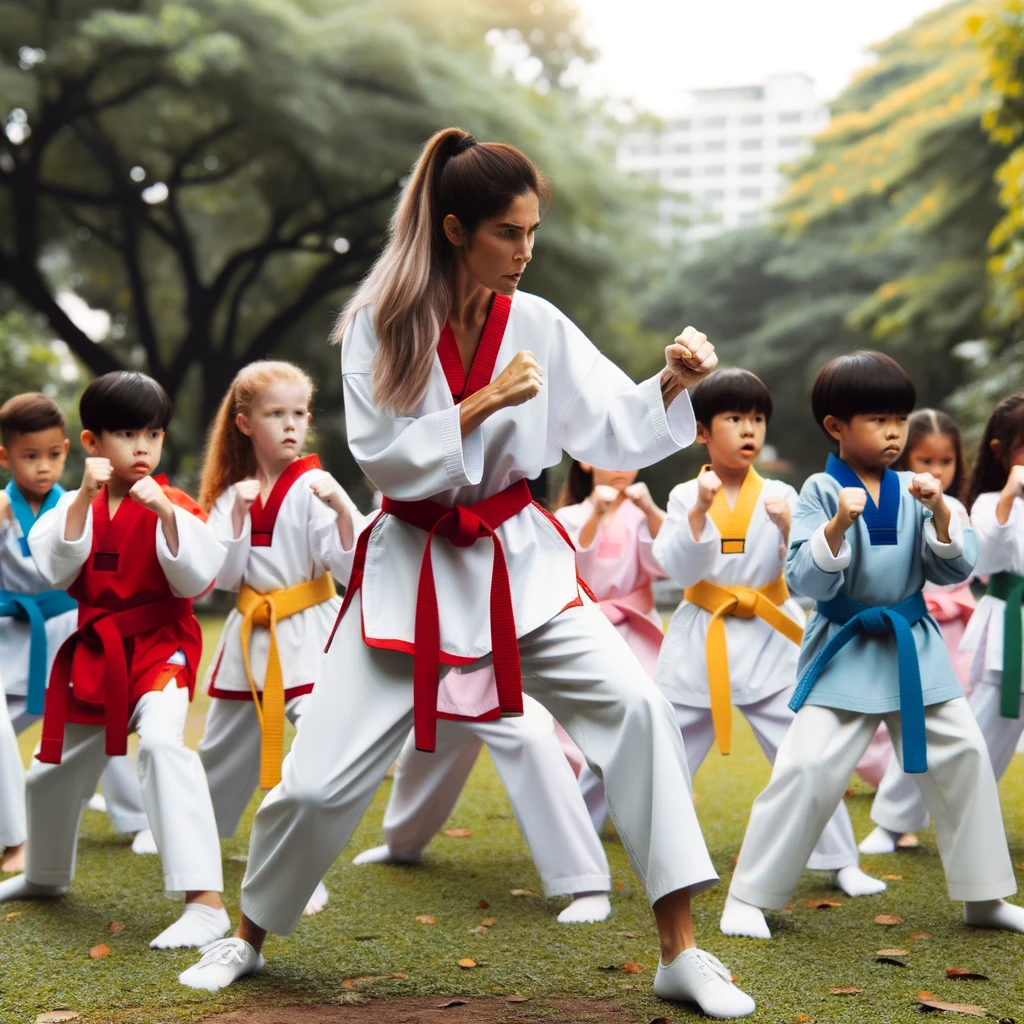
Class Schedule and Flexibility
Class Timing: Ensure the class timings align with your family’s schedule.
Age-Appropriate Classes: Look for schools that offer age-appropriate classes to ensure a conducive learning environment for your child.
Additional Training Opportunities: Check if the school offers additional training opportunities like workshops, seminars, or private lessons.
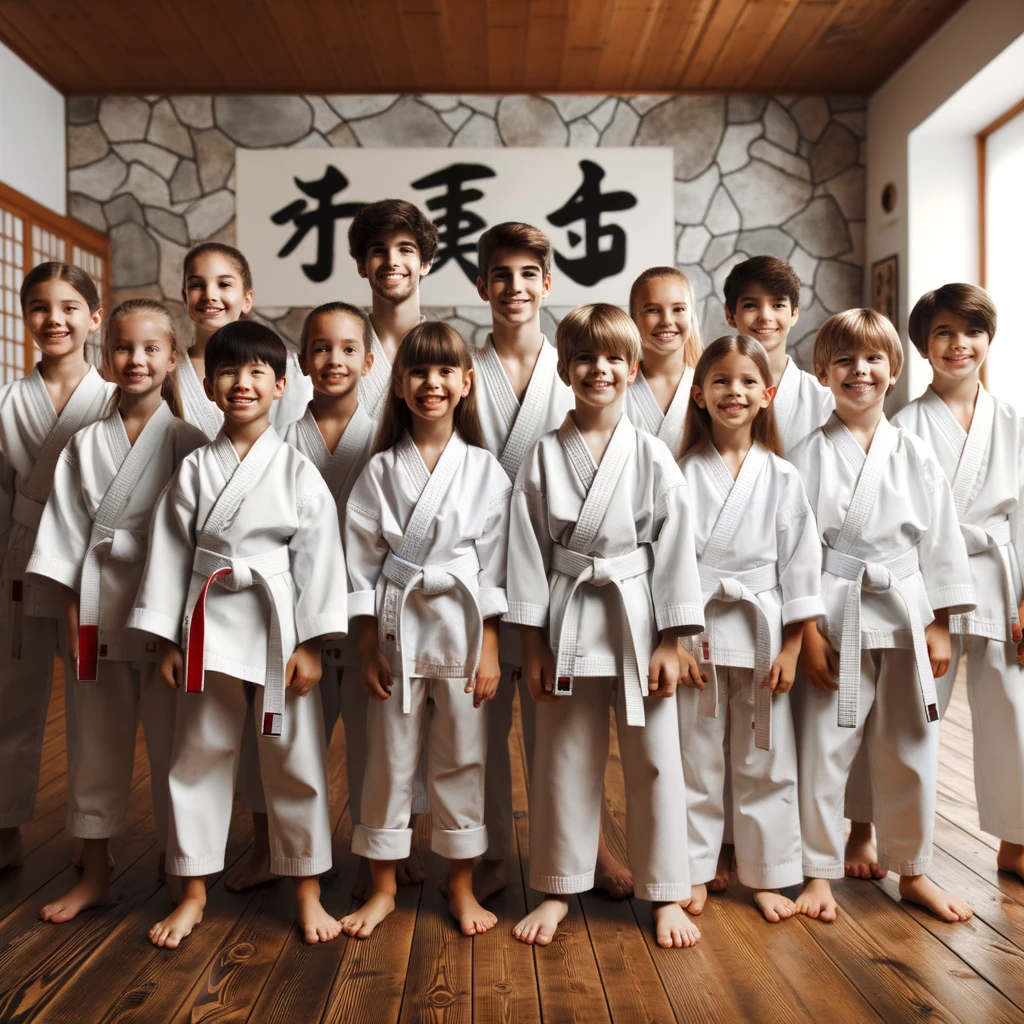
Addressing Concerns
Will Martial Arts Make My Child Aggressive?
Character Building: Contrary to popular belief, martial arts classes often promote character-building, self-control, and respect over aggression.
Channeling Energy: It provides a constructive outlet for children to channel their energy and aggression in a controlled environment.
Conflict Resolution: Through martial arts, kids learn non-violent conflict resolution skills and gain a deeper understanding of the consequences of violence.
Is Martial Arts Safe for My Child?
Safety Protocols: Reputable martial arts schools have stringent safety protocols to minimize the risk of injury.
Qualified Instructors: Qualified and experienced instructors are adept at teaching techniques safely and ensuring a safe training environment.
Protective Gear: The use of protective gear during sparring or practice can further enhance safety.
Will Practicing Martial Arts Help with Behavioral Issues?
Focus and Discipline: Martial arts training emphasizes focus, discipline, and self-control, which can translate to improved behavior both in and outside the dojo.
Positive Outlet: It provides a positive outlet for excess energy and helps reduce stress and anxiety, which can, in turn, improve behavioral issues.
Structured Environment: The structured environment of a martial arts class can be beneficial for children with behavioral issues.
How Will Martial Arts Affect My Child’s Academics?
Time Management: Martial arts can teach children time management and prioritization skills, as they learn to balance training with academic responsibilities.
Improved Concentration: The focus required in martial arts training can translate to improved concentration and better academic performance.
Stress Relief: Physical activity through martial arts can provide stress relief, promoting a better mental state for academic learning.
Is Martial Arts Suitable for My Shy or Introverted Child?
Boosting Confidence: Martial arts training can be a confidence booster as children achieve new belts and master new techniques.
Social Interaction: While it provides a platform for social interaction, the structured environment of a martial arts class can be comforting for shy or introverted children.
Individual Achievement: Martial arts focus on individual achievement, which can be suitable for introverted children.
Practical Tips
Visit Multiple Schools
Comparative Analysis: Visiting several schools allows you to compare and contrast the teaching styles, facilities, and overall atmosphere.
Informed Decision: You’ll be better informed to make a decision that aligns with your child’s needs and your family values.
Observation: You can observe classes, interact with instructors, and get a feel for the school’s community and values.
Talk to Other Parents
First-Hand Experience: Other parents can share their first-hand experiences, providing a realistic view of what to expect.
Recommendations: You may receive recommendations for schools known for their excellent instruction and positive environment.
Common Concerns: Discussing common concerns and getting advice on how to address them can be very beneficial to finding the right martial art for your child.
Attend Trial Classes
Practical Experience: Your child can experience the teaching style and interact with potential classmates.
Instructor Evaluation: You can evaluate the instructors’ ability to engage with students and teach effectively.
Comfort Level: It helps in assessing the comfort level of your child within the school’s environment.
Research Online
School Websites: Visit the school’s website to learn about their philosophy, instructors, and class schedules.
Reviews and Testimonials: Look for reviews and testimonials from other parents to gauge the school’s reputation. Many parents read the reviews to get a better sense of what the school is about.
Social Media: Check the school’s social media pages to get a sense of their community and events.
Safety Measures
Facilities: Check that the facilities are clean, well-maintained, and equipped with safety mats and other necessary equipment.
Instructor Qualifications: Ensure the instructors are qualified, experienced, and have undergone background checks.
Engaging in the Martial Arts Community
Social Interaction
Peer Interaction: Training alongside peers provides opportunities for teamwork, camaraderie, and mutual encouragement.
Diverse Friendships: Karate schools often attract a diverse group of students, allowing your child to form friendships with individuals from various backgrounds and cultures.
Social Skills: The structured yet sociable environment of a martial arts school promotes the development of essential social skills like communication, respect, and empathy.
Mentorship
Technical Guidance: Experienced practitioners can provide invaluable technical guidance, helping your child to improve their skills and overcome challenges.
Life Lessons: Beyond karate techniques, instructors often impart life lessons about respect, discipline, and perseverance that can have a lasting impact on your child’s character.
Inspiration: Seeing advanced students and instructors in action can serve as a powerful source of inspiration, motivating your child to continue their training to earn a Black Belt.
Community Events
Competitions: Karate competitions provide an opportunity to test skills, experience the thrill of competition, and interact with the broader martial arts community.
Demonstrations: Participating in or attending martial art demonstrations can be a rewarding experience, showcasing the beauty and discipline of martial arts to the public.
Workshops and Seminars: Many schools host workshops and seminars, providing additional learning opportunities and a chance to train with guest instructors.
Parental Involvement
Be Present: Attend classes, events, and competitions to show support for your child.
Volunteer: Offer to help with events or administrative tasks at the school.
Communicate: Maintain open communication with instructors and other parents to stay informed and contribute to the community’s positive environment.
Final Words
Choosing the right martial arts school for your child is a decision that can significantly impact their life. By taking the time to research, visit schools, and engage with the martial arts community, you can find a school that aligns with your family values and provides a nurturing environment for your child to grow and learn.
